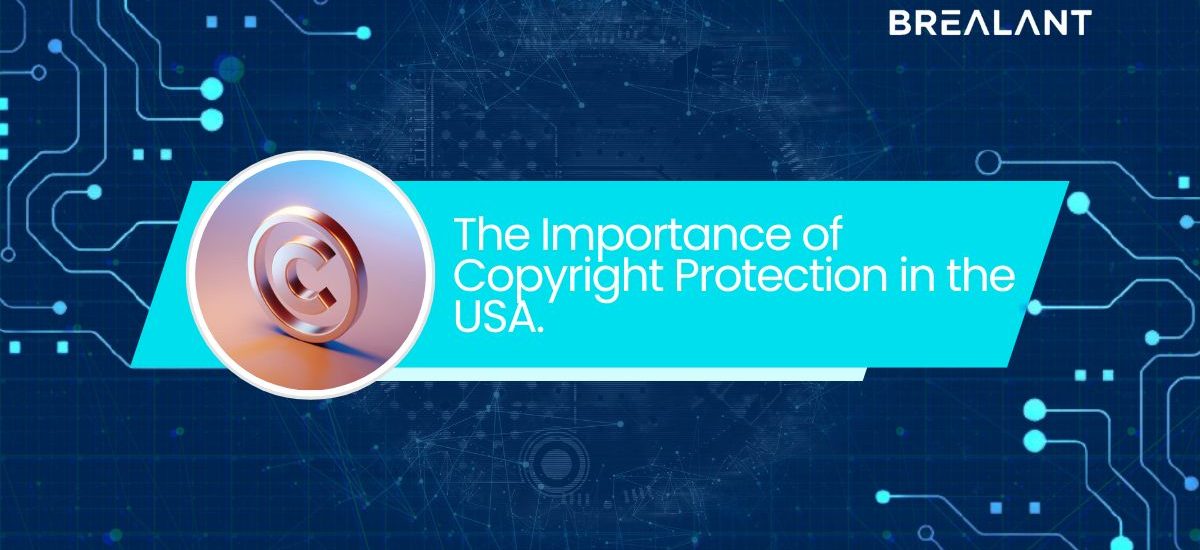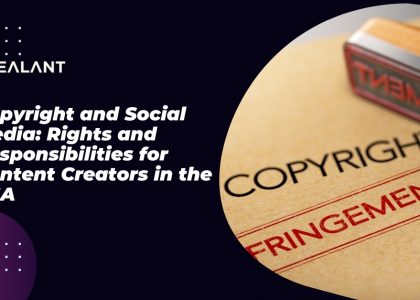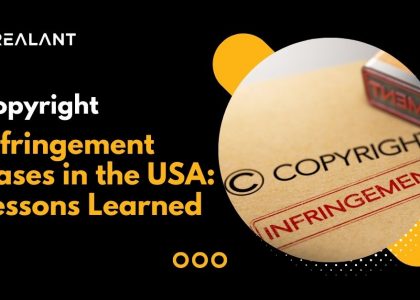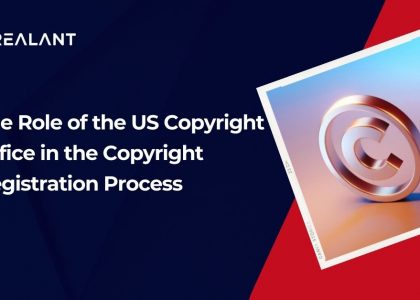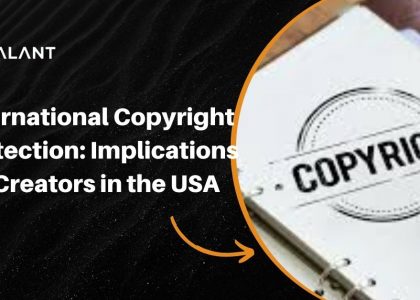Creative works are an important part of the American culture. Whether it’s a song, a book, or a painting, these works of art encapsulate our story and allow us to share our unique perspectives with the world. Unfortunately, copyright protection can be an obstacle in the way of creativity. Without proper copyright protection, some people may profit from others’ creative work without giving them credit. This can cause problems not just for the original creators but also for society as a whole.
Copyright protection in the USA is granted by law to creators of creative works to earn a fair income. The fundamental concept behind copyright is the right to exclude others from reproducing, publicizing, or distributing the work without permission. To protect their own interests, creators must have accurate information about their rights and be able to take appropriate action if those rights are violated.
Why copyright protection in the USA is so important?
Copyright protection in the USA plays an important role in safeguarding creative works. Some works could be freely copied and used without permission without copyright protection. This would allow others to unfairly profit from the original creators’ work.
Protecting creative works through copyright law is important for two reasons.
- It upholds the intellectual property rights of the creators of these works. Protecting creative works ensures that these creators can earn an income.
- Copyright law helps to protect society by preserving cultural heritage. These cultural heritage items may not be available for public access if they were not protected under copyright law.
The U.S. Constitution guarantees copyright holders specific rights, including the right to prevent others from infringing on their rights. Copyright is regulated by law, and different types of work are protected differently. Some works are automatically protected by law, while others are only protected after being published or registered with the government.
Creative works are often the lifeblood of businesses and individuals.
Copyright protection is essential in safeguarding these valuable assets. But what happens when a U.S.-based company operates outside of the United States? Is copyright still enforced? And if not, why not?
For many businesses, Intellectual Property (I.P.) is one of their most precious resources. I.P. can include copyrights, trademarks, and patents—all valuable ways to protect an entity’s intellectual property from being stolen or unfairly used by others. The United States has been a leading proponent of I.P. protection since the early days of the country’s history. This is evident by the sheer number and variety of patent laws in place today and the vigorous enforcement of copyright laws across all industries.
I.P. protection depends on two main factors:
- Jurisdiction and
- Validity
Jurisdiction matters because it determines who is authorized to decide whether a particular I.P. right is violated and, if so, to bring legal action to stop it. Validity concerns whether the rights granted under a particular I.P. law exist and are enforceable in court. The United States has exclusive jurisdiction over any acts within its borders (subject to some exceptions). This means that U.S.-based companies operating internationally are subject to U.S. I.P. laws even if those companies do not have any physical presence in the United States or engage in activities not explicitly prohibited by U.S. law. Furthermore, U.S.-based companies can rely on several legal doctrines that allow them to enforce I.P. rights abroad without having a physical presence there (for example, through contracts or letters rogatory).
Copyright law is important in the United States, as it helps to protect creative works. Protecting these works is essential, as it helps to promote creativity and innovation. Copyright law can also help to promote economic development. In the United States, copyright protection begins when a work is created. The owner of the copyright is the author or creator of the work. Once a copyright has been established, it gives owners several rights, including the exclusive right to reproduce and distribute their work.
Conclusion
Copyright protection is critical for the American culture and economy. It encourages creativity by ensuring that creators receive proper compensation for their work. Copyright also helps communities develop by allowing different ideas to be shared without restriction. Without copyright protection, society would be impoverished both creatively and economically.
Copyright protection is an important safeguard for creative works. It protects works from being copied or used without permission, encouraging creativity and innovation. Copyright also promotes economic development by encouraging creators to make their works available to the public. Take proper steps to protect your creative work with the efficient advice of the professionals of Brealant TM. The firm provides its client with many services that help them navigate various aspects of intellectual property security. Visit the website for more insights about the application and safeguarding your intellectual property.

